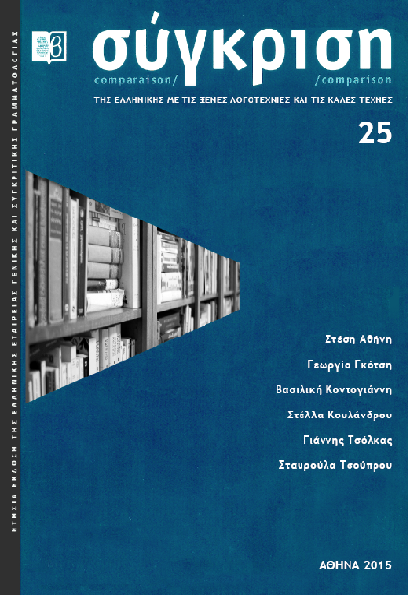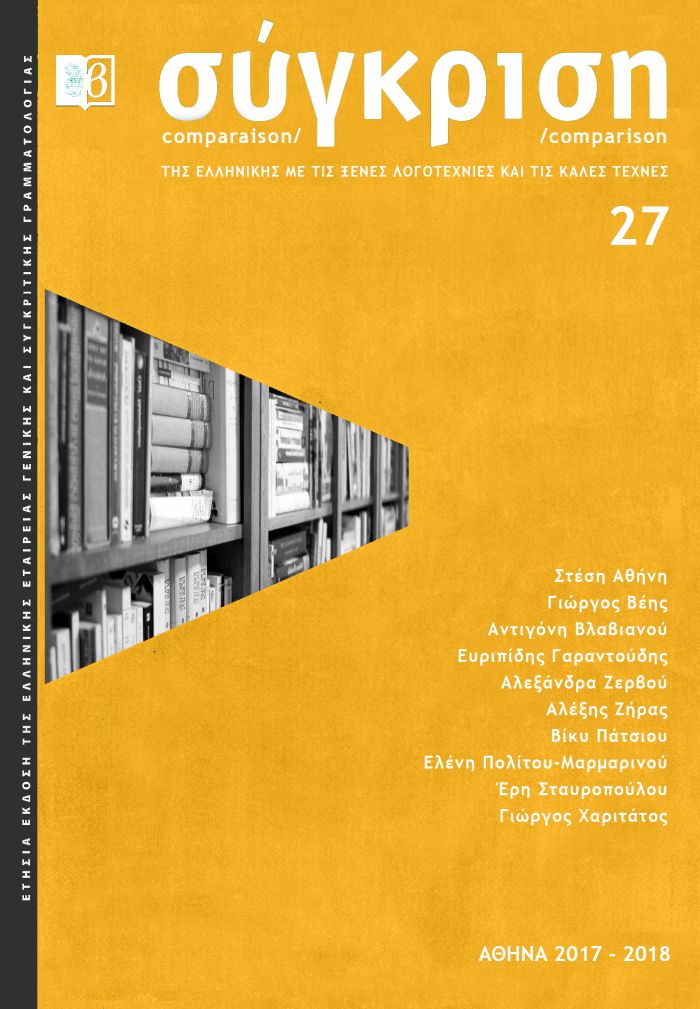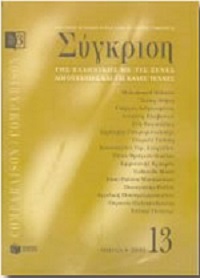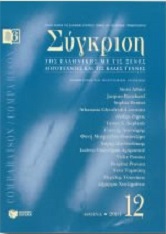Οι νεοελληνικές τύχες του Αλκιβιάδη ως το τέλος του 19ου αιώνα
Abstract
The beginning of the closer acquaintance of Modern Greek literature with Alcibiades’ forceful personality is located during the years of Greek Enlightenment, with the discovery of the world of History and the “return to the antiquity” through foreign texts, translated into Greek. Nevertheless, Alcibiades’ appearance as a literary character was delayed compared with his reach European literary fortunes. Alcibiades appears in 1837 through Alcibiades byAugustusGottliebMeissner, a translated “bildungsroman” from German, and half a century later through a second translation, from Italian this time, the homonymous FelicioCavallotti’s historical drama (1889). Examining closely these two texts and considering their presence in the source literatures as well as the terms of their reception in Greek it is concluded that Socrates’ disciple array with literary raiment served the ideological schema aiming at the strengthening of the relations between Modern Greek culture and antiquity and simultaneously the European family.
Article Details
- How to Cite
-
Αθήνη Σ. (2016). Οι νεοελληνικές τύχες του Αλκιβιάδη ως το τέλος του 19ου αιώνα. Comparison, 25, 1–22. https://doi.org/10.12681/comparison.8787
- Issue
- Vol. 25 (2015)
- Section
- Articles

This work is licensed under a Creative Commons Attribution-NonCommercial-ShareAlike 4.0 International License.
Authors who publish with this journal agree to the following terms:
- Authors retain copyright and grant the journal right of first publication with the work simultaneously licensed under a Creative Commons Attribution Non-Commercial License that allows others to share the work with an acknowledgement of the work's authorship and initial publication in this journal.
- Authors are able to enter into separate, additional contractual arrangements for the non-exclusive distribution of the journal's published version of the work (e.g. post it to an institutional repository or publish it in a book), with an acknowledgement of its initial publication in this journal.
- Authors are permitted and encouraged to post their work online (preferably in institutional repositories or on their website) prior to and during the submission process, as it can lead to productive exchanges, as well as earlier and greater citation of published work (See The Effect of Open Access).








